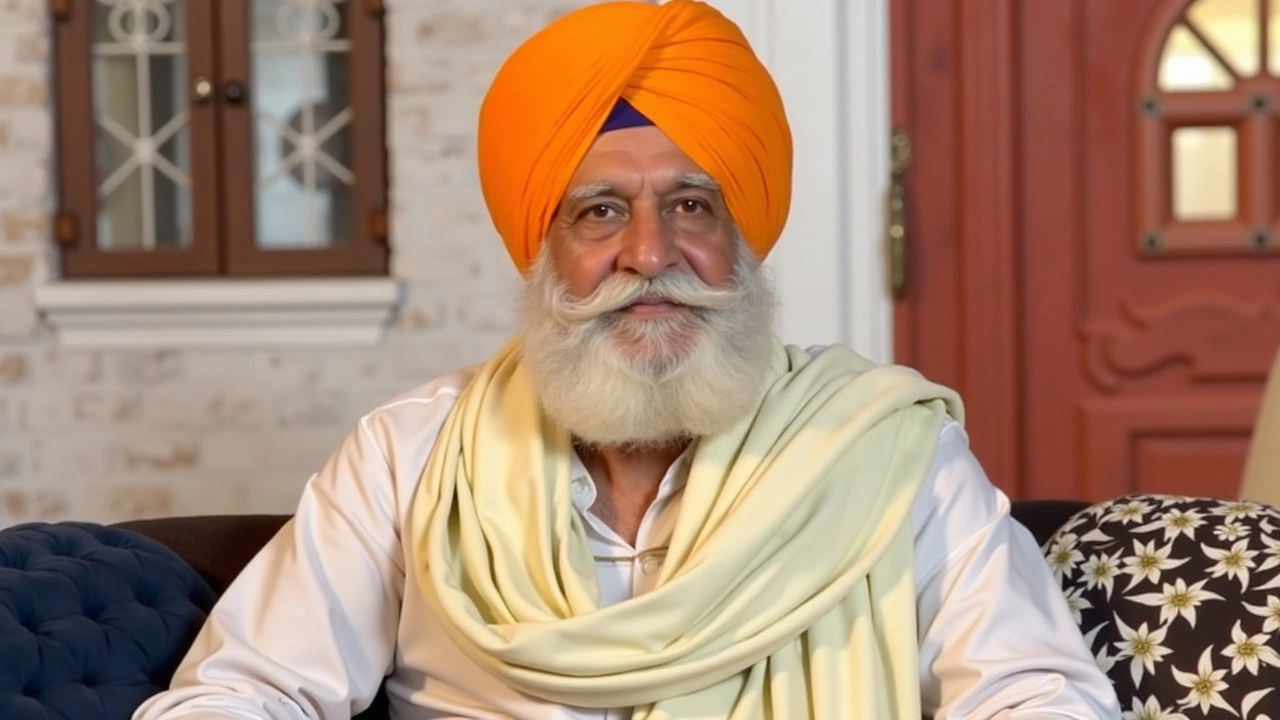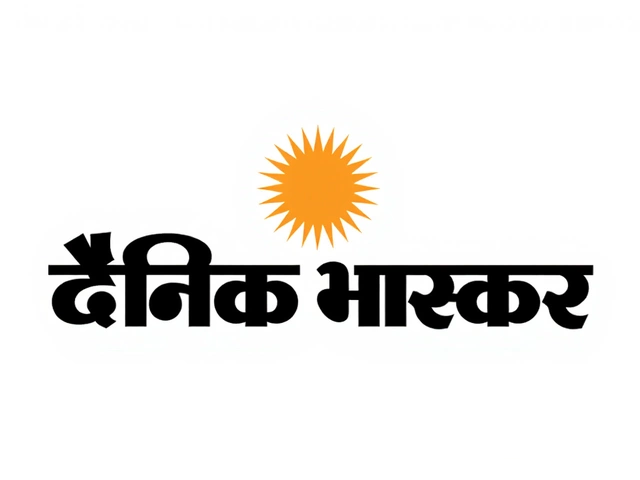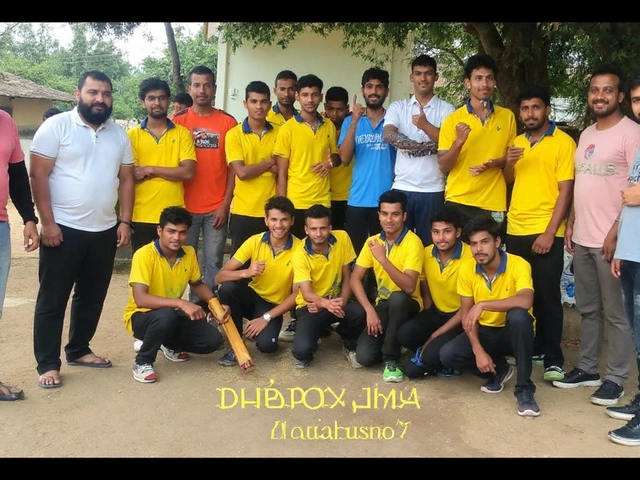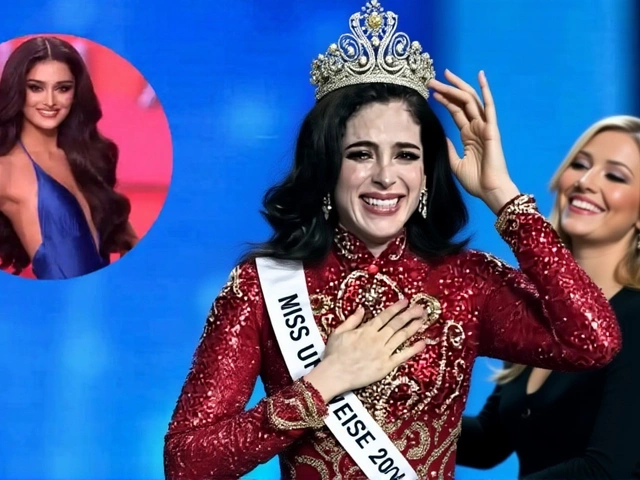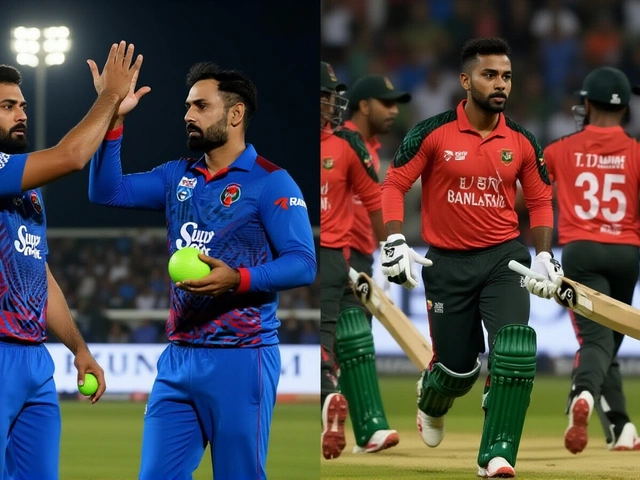The Tumultuous World of Cricket Politics Unveiled
Yograj Singh, once a promising star in the Indian cricket timeline, opened the closet of cricketing controversies and grievances that have haunted him for decades. During a candid discussion on the YouTube channel 'Unfiltered by Samdish,' he unleashed a tale of intense emotions, fierce animosities, and unsaid affiliations that have colored his life both on and off the cricket field. His revelations were not just words; they were underlined with decades of simmering grudges towards Kapil Dev, one of the most revered names in Indian cricket.
A Carrier Marred by Rivalries
Yograj Singh's cricket career was rather brief, clocking in just one Test and six ODIs during 1980-81. However, what came after his stint has eclipsed his on-field achievements, casting a long shadow over his personal journey. The root of his grievance is centered on his exclusion from the Indian cricket team, which he believes was both unjust and malicious. According to Yograj, the then captain, Kapil Dev, was responsible for axing him from the squad without any valid reason, a decision that left his career in tatters and ignited a flame of resentment that has yet to die out.
A Confession Born of Desperation
The most shocking piece of his narrative was the revelation that Yograj, driven by anger and desperation, contemplated extreme measures against Kapil Dev. He recounted an incident where he went to Kapil's residence in Sector 9, carrying a pistol with an intent to confront him. However, the confrontation took a different turn when Kapil came out, accompanied by his mother. Seeing Kapil's mother, whom Yograj described as 'very pious,' stirred something within him, and he restrained himself from executing his violent intentions. This story painted a stark picture of the mental and emotional turmoil caused by the internal politics that plague competitive sports.
Bishan Singh Bedi’s Alleged Role
In addition to his accusations against Kapil Dev, Yograj Singh did not mince words when it came to Bishan Singh Bedi, who was the chief selector during that contentious period. Yograj alleged that Bedi had engineered his exclusion from the team purely because he was perceived as a supporter of Sunil Gavaskar and because his cricketing roots traced back to Mumbai. Yograj stated clearly that he felt this was a biased conspiracy against him, preventing him from achieving his potential in the national cricketing landscape. His story of betrayal echoes the broader sentiment of how inter-player politics and perceptions have sometimes overridden merit in Indian cricket's past.
The Legacy Factor: A Father's Triumph Through His Son
Even as Yograj lived with his grievances, there was one golden chapter that brought him some semblance of solace. That was when his son, Yuvraj Singh, rose to become a star in his own right, etched indelibly in cricket history through his heroic performances, particularly during the 2011 Cricket World Cup. Yograj has often highlighted this triumph as a personal victory, a chance to send a clear, almost symbolic message to Kapil Dev. He claimed that Yuvraj's performance surpassed that of Kapil in the World Cup trajectory, asserting that success is indeed the best revenge.
Kapil Dev's Apology: Too Little, Too Late?
Interestingly, Yograj Singh also disclosed that Kapil Dev attempted to extend the olive branch following the 2011 World Cup. According to Yograj, Kapil reached out via WhatsApp, expressing remorse and a desire to bury the hatchet. Yet, despite this conciliatory gesture, Yograj's wounds seemed too deep for any apology to heal adequately. He did not attend to it positively, reflecting how time may not always diminish the intensity of certain scars, especially when reputations and careers are on the line.
Cricket: A Game of Rivalries and Reconciliations
The story of Yograj Singh and Kapil Dev is not just an isolated instance; it speaks to the intricate web of personal relationships and professional dynamics that form the backbone of high-stakes sports like cricket. Such revelations serve as reminders of the personal sacrifices and sometimes petty rivalries that shape the careers and lives of sportspeople. While many presume sportsmanship is all about jubilant victory and graceful defeat, the truth often belies such perceptions, with stories like these showcasing the profound impact of human emotions and interactions within the world of sports.
The Path Forward?
As time marches on, one wonders about the potential for reconciliation in this decades-long contention. Can the pursuit of peace override the bitterness that sometimes is an inevitable byproduct of top-tier competition? Yograj Singh's narrative might act as a cautionary tale, highlighting the harsher realities of fame and fortune and leaving room for reflection on bettering the cricketing culture that sometimes erodes under the pressure of competitive fervor.
